Used to persecution at home, two young Chinese Christians say life can be more peaceful in northern Iraq, where they work with Yazidi refugees
PUBLISHED : Sunday, 16 July, 2017, 11:47am
UPDATED : Sunday, 16 July, 2017, 10:29pm
Last month’s execution of two Chinese missionaries by Islamic State (IS) militants in Pakistan put the risks of such work into stark relief but two young Chinese Christianswho have lived close to an IS stronghold in northern Iraq for more than a year said life could be more peaceful there than back at home.
The South China Morning Post obtained an exclusive interview with the couple, who live in a guarded compound that serves as a refuge for women and children who have fled IS persecution.
Michael, 25, and Christy, 23, left China just over a year ago, right after their wedding, for one of the world’s most war-torn areas. Security concerns, in Iraq and in China, mean details of their identities cannot be revealed.
“It is not as torn up by warfare here as much as outsiders would read in the news, I actually feel safer here,” said Michael, comparing his experience in Iraq with life in China as a full-time worker in an underground Christian church. “Life could be described as normal here.”
There are no official statistics about the number of Chinese missionaries working overseas, and they often pose as businessmen or teachers for travel purposes. But estimates by some academics and mainland house churches say there could be hundreds, or even a couple of thousand.
Pastors working on the mainland say it has the largest number of born-again Christians in the world, and that despite having a communist government that is officially atheist is on track to be the world’s largest exporter of Christian faith.
Emulating the Western missionaries who proselytised in China centuries ago, most Chinese missionaries serve in developing countries, especially Muslim ones, where such activities are dangerous.
The dream honeymoon destination for most Chinese couples would be somewhere like the Maldives, but Michael and Christy, a former make-up artist, spent their honeymoon and first wedding anniversary in an Iraqi village, saying they were simply called by faith.
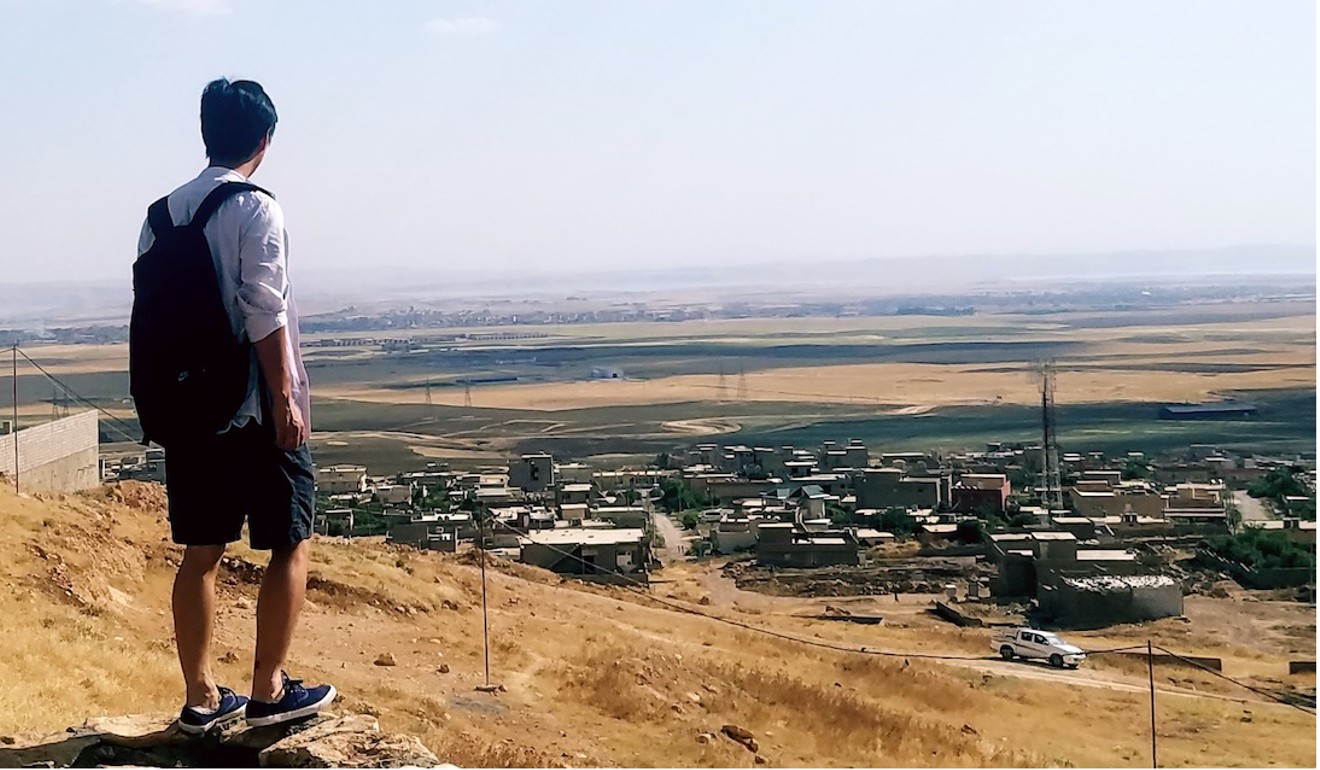
“Some might think this is extraordinary but it’s not a big deal,” Michael said. “It is just the right thing to do.”
The couple work as volunteers at a protected site just 60km from what was, until recently IS territory. The militants used civilians as human shields and carried out mass executions of those attempting to flee.
Pledging to dedicate their lives to missionary work, Michael and Christy said they were prepared to stay in Iraq indefinitely.
“What we do is not rare among mainland Chinese Christians,” Christy said. “There are many others out there who love Christ relentlessly and dedicate their lives to God’s kingdom.”
Armed with faith, English and broken Arabic, which they picked up on their own, Michael and Christy work with Yazidi refugees, members of a religious minority persecuted by IS as devil worshippers. A study released in May said at least 9,900 Iraqi Yazidis were killed or kidnapped in an IS attack in 2014. About 3,100 were killed – with more than half shot, beheaded or burned alive – and about 6,800 kidnapped to become sex slaves or fighters, according to the report.
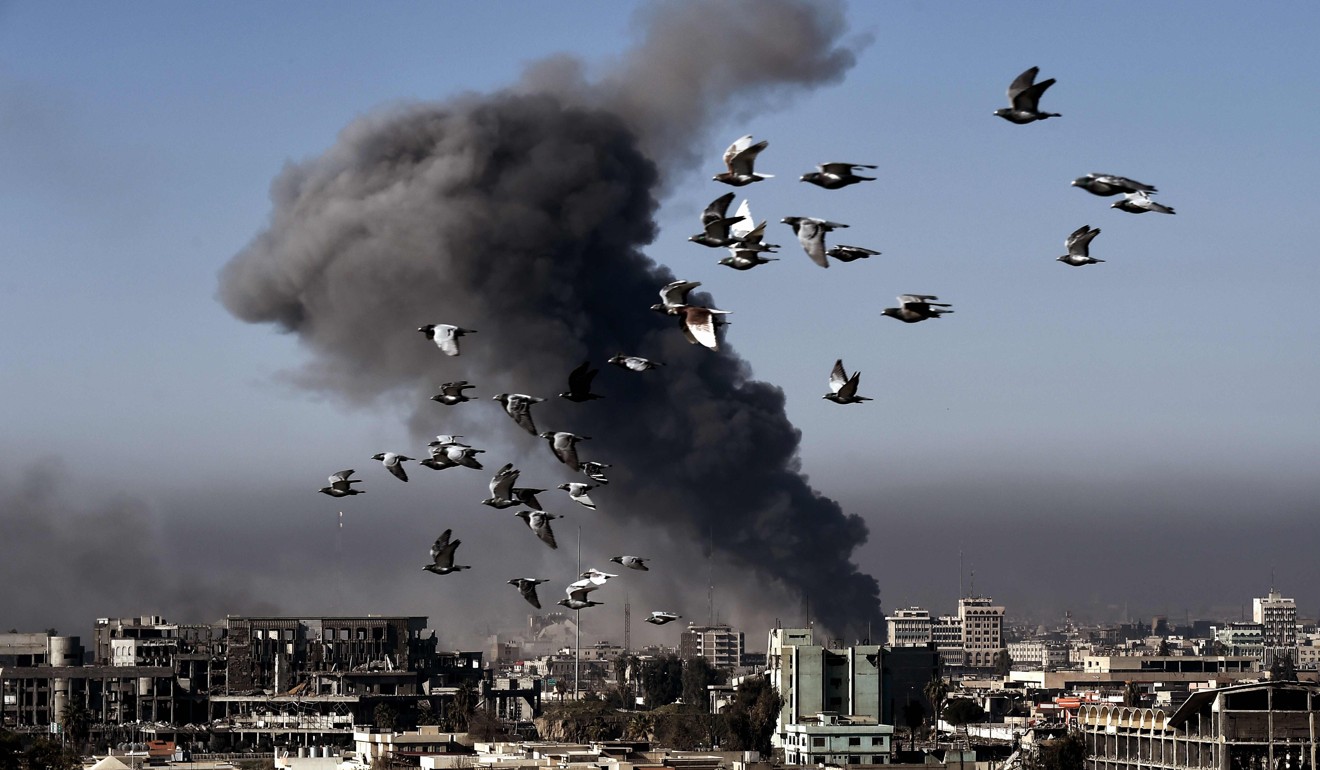
Christy sews garments with Yazidi widows to help them make a living and she and Michael sometimes give English lessons to local children, many of whom are orphans or come from single-parent families.
“We are just happy to spend time with them,” Christy said. “They each have their own stories and all they need is love, so we are here to bring them the love of Christ.”
Michael said they did not explicitly talk about their faith because they believed sharing love through their lives was more important than words, and they wanted to respect the local culture. They are also trying to learn the Kurdish dialect spoken by most Yazidis.
He said little things such as teaching basic English vocabulary, drawing pictures together with the children or playing with them could make a huge difference in infusing their characters with positive values.
“Even though we don’t preach gospel to them, at least we have planted a seed in their hearts,” he said.
But they also face other dangers, apart from Islamist extremism. Christy recently survived a life-threatening condition and spent two months recovering from an infection that was the result of Iraqi doctors operating on her with unsterilised instruments in a theatre that resembled a dirty garage.
Michael and Christy are a far cry from the stereotypical images of Chinese travelling abroad as culturally insensitive tourists, cashed-up nouveaux riches and suitcase-wheeling shopping hordes. They’re part of a growing trend of Chinese travelling abroad for other purposes, the security risks of which were illustrated by the deaths of two Chinese missionaries – identified by the Pakistani authorities as Lee Zing Yang, 24, and Meng Li Si, 26 – at the hands of IS gunmen following their abduction in the Pakistani city of Quetta in late May.
In response to that incident, Pakistan tightened up on business visas and sent 11 Chinese missionaries who were part of the same group as Lee and Meng back to China.
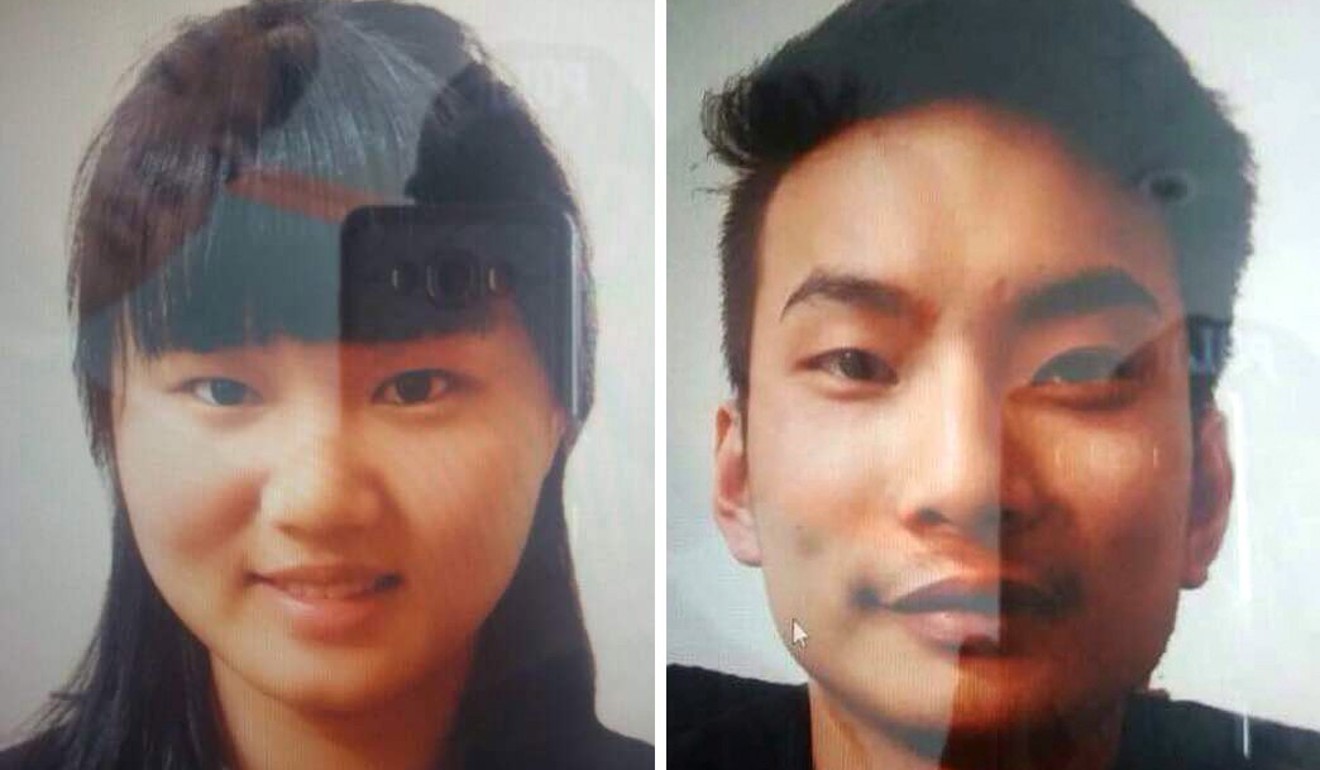
“We’re very sad after hearing about the two in Pakistan,” Michael said. “They are very young and just about the same age as us.”
He said the incident served as a reminder to Chinese missionaries that one must first respect local culture and avoid being seen as imposing one’s faith on others.
“Preaching gospel in a Muslim country is illegal,” he said. “If you convert a son, you are literally asking his father to kill him.”
Michael said being brought up as a Christian in China, where independent churches were suppressed, had helped him adapt to missionary work in a tough environment.
“In China, our faith has been heavily suppressed,” he said. “When faith is hard-earned, it is more genuine and sincere.
“We only wish to spread positive values. Even if we were to build a church one day, it would be as subtle as the one we have in China. There wouldn’t be extravagant structures, the focus would be on our inner connection with God and the quality of fellowship.”
Protestant and Catholic missionaries established many charity organisations, schools and churches in China in the 19th century, with James Hudson Taylor, who visited the country 11 times, beginning in 1854, famously saying: “if I had a thousand lives, China should have them.”
But all foreign missionaries were kicked out of mainland China when the communists took power in 1949.
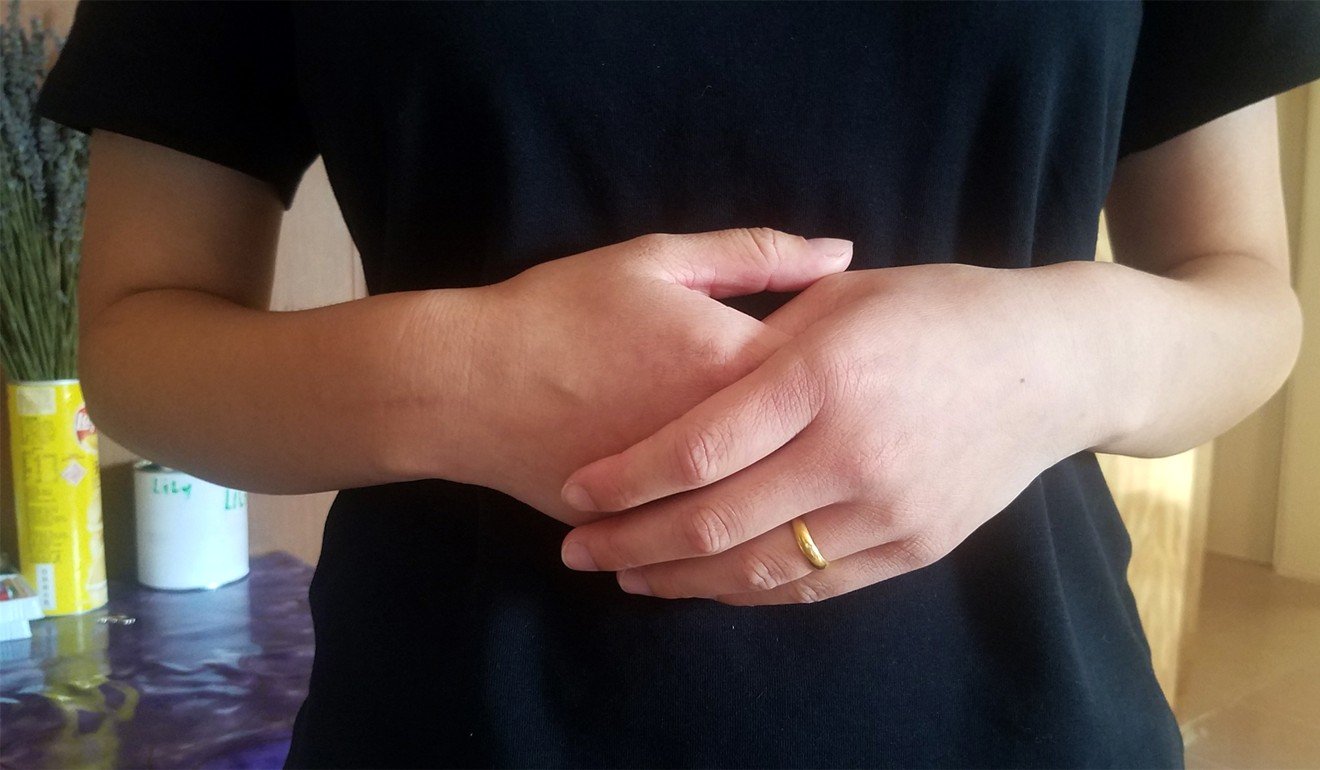
While the number of Chinese missionaries working overseas remains small compared to those from the United States and South Korea, many expect China will eventually become a major source.
The Centre for the Study of Global Christianity at Gordon-Conwell Theological Seminary in the US put the number of international missionaries around the world at 400,000 in 2010. It said the US, Brazil, South Korea and India were among the top sources. According to the Korean World Mission Association, there were more than 27,000 South Korean missionaries working overseas last year, with most sent to Northeast and Southeast Asian countries.
Official Chinese statistics put the number of Christians on the mainland in 2014 at 28 million, with 23 million of them Protestants spread across 56,000 churches with 48,000 pastors and preachers. However, overseas academics and observers conservatively estimate the number of Chinese evangelical Protestants is between 70 million and 100 million.
A Taiwanese pastor who spoke at a recent Christian conference in Hong Kong said China had made a name for itself as an exporter of capital by becoming a source of foreign investment for Silk Road nations, but was set to become the world’s largest exporter of Christian faith.
“The upcoming revival in China is too huge to ignore,” said the pastor, who has been training mainland church leaders for nearly two decades and refused to be named.
Mainland China’s Protestant house churches operate independently of state-sanctioned religious organisations, with members of their congregations facing persecution, and the authorities have stepped up the pressure on them in recent years.
Michael and Christy are third-generation Christians who were born in rural areas but grew up in urban environments.They and their parents have witnessed the resilient growth of Protestant churches despite decades of intense suppression. Their grandparents probably became Christians when the number of rural Christiansexploded during and after the Cultural Revolution, when believers went underground amid severe persecution.
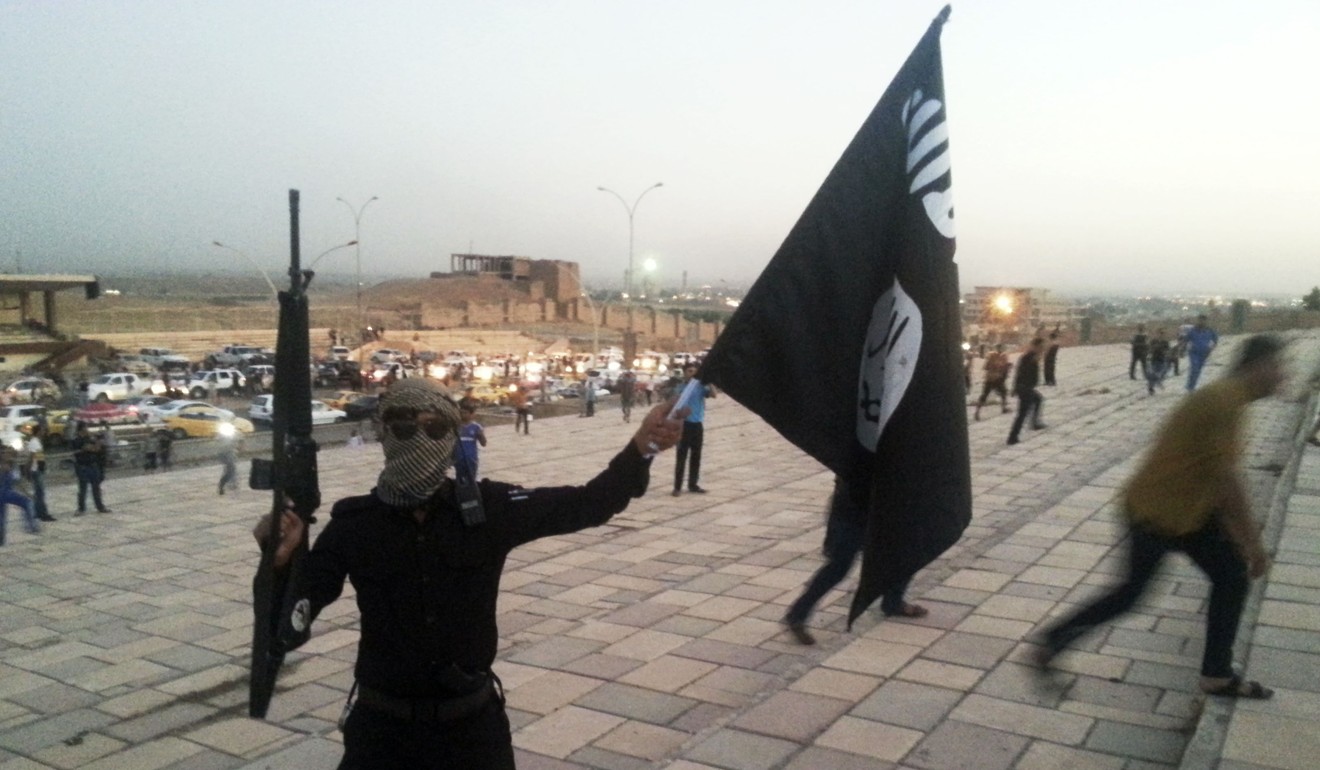
Michael said his parents understood his choices, and that he sometimes missed home.
Investigations are continuing into the deaths of Lee and Meng in Pakistan, but the Chinese authorities and mainland media have branded them illegal preachers who were coerced into such work by a South Korean church.
Their deaths had been mourned anonymously in social media postings by mainland Christian communities, who remained eager to send missionaries abroad despite an expected border clampdown, said Dr Brent Fulton, a US-based China watcher and author of China’s Urban Christians: A Light that Cannot be Hidden.
He said the effort was largely indigenous, with only a small number of churches cooperating with overseas Chinese or international bodies.
“To suggest that this particular couple was somehow coerced by missionaries from Korea to go to Pakistan seems to me inaccurate,” Fulton said.
An American missionary who has been documenting the struggles of mainland house churches for more than a decade said Chinese missionaries were fuelled by passion, but did not have any particular agenda to make their presence known.
“They are not trying to set up Chinatowns in Baghdad; it’s about them trying to become Iraqis,” he said, agreeing that local churches on the mainland were the main drivers of the missionary movement.
A Wenzhou-based Christian who is being trained to become a missionary said Chinesemissionaries, like their foreign counterparts, were trained by churches or underground seminaries before they were sent abroad. Basic training included Bible study and how to live in a cross-cultural environment, and some, though not all, got advice or training from foreign missionaries on the mainland.
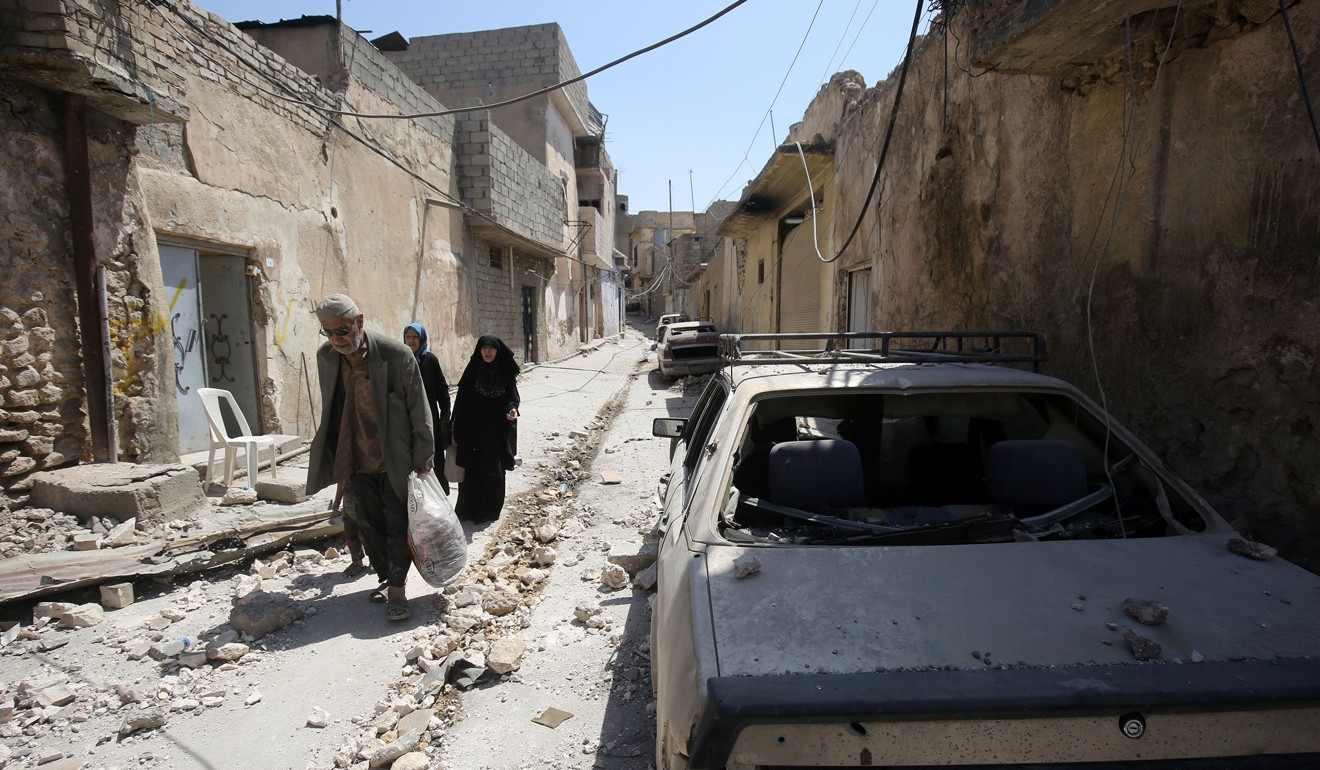
“For one to qualify as a [long-term] missionary, it could take years,” she said. “Hundreds would start a training programme that could last up to three years but only two might qualify to be sent out.
“China’s missionary sending movement is just beginning, so it’s not very professional. Many of the existing missions are short-term.”
It is understood some training classes were cancelled after the deaths in Pakistan because of fears of a Chinese government crackdown.
But instead of being deterred, mainland Christians circulated messages on social media saying the tragedy would only encourage them in their faith.
Michael, used to working on the edge of a war zone, does not see himself as a potential martyr.
“The situation here is not that bad,” he said. “Sacrifice should not be taken for granted. It is a gift from God, so if he is giving you this gift, he will also give you the strength to handle it.”
This article appeared in the South China Morning Post print edition as:
The secret lives of Chinese missionaries in north Iraq
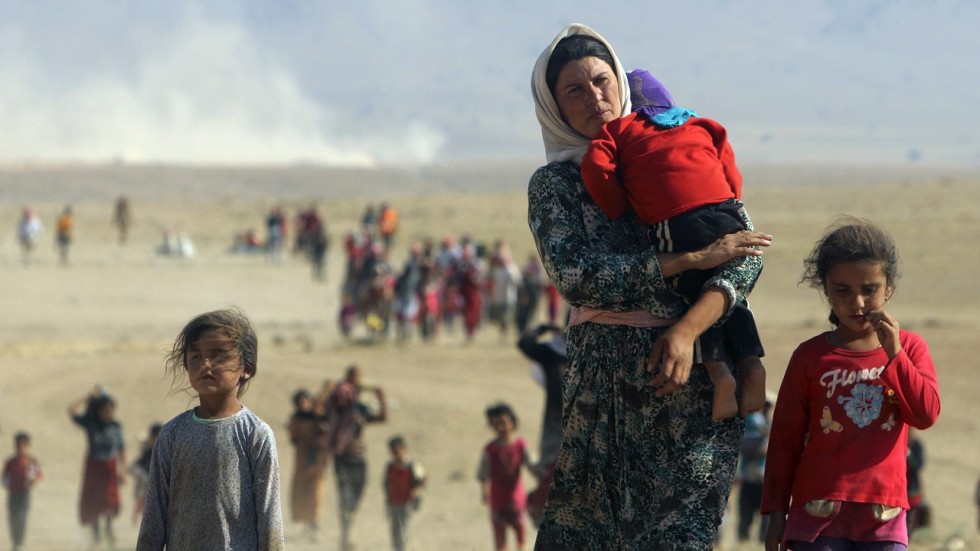

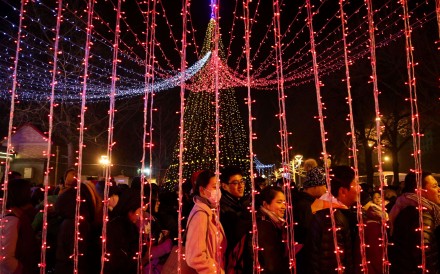
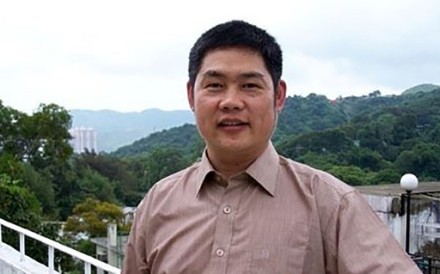
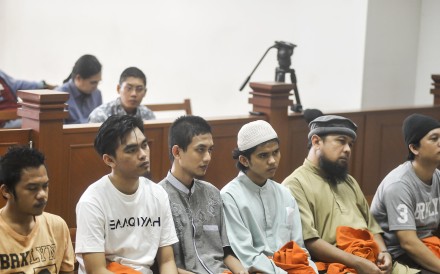
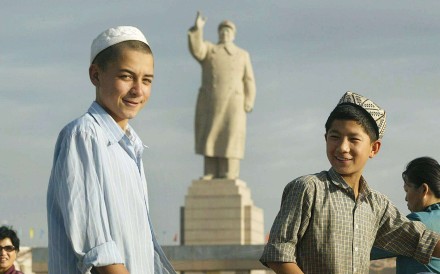

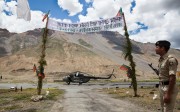

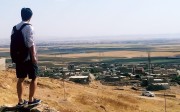
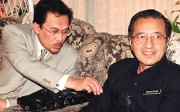


No comments:
Post a Comment